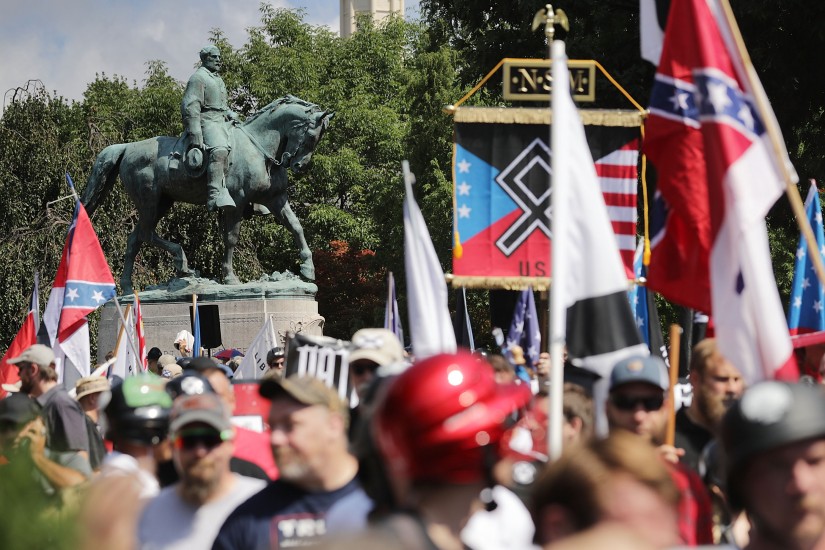Even before the insipid forces of radical whiteness had withdrawn from Charlottesville, Virginia, one heard the beseeching protestation “This is not us.” That sentiment blossomed into a hashtag, exculpating our society after some of its citizens had seemingly forgotten our standing position against fascism. The truth, though, is that there has never been a time when what we saw in Charlottesville has not been us. The present is bequeathed to us by the past, and seldom was that relationship more apparent than it was at the base of the Robert E. Lee statue that was at the center of the violent clashes in Charlottesville. Last month, HBO inspired an avalanche of criticism when it announced that it would produce a series called “Confederate,” which would explore a hypothetical world in which the South had won the Civil War. The events in Charlottesville illustrated a problem with that idea: only by the most specific, immediate definition can we consider the Confederacy to have lost the Civil War, and its legacy has defined a great deal of our history since then.
With the exception of the brief interval of Reconstruction, the states of the former Confederacy have been able to exert as much influence on national affairs and on matters of race as they had before the Civil War, and possibly more. Having lost the quest to maintain slavery, they put in place sharecropping—a system of agricultural serfdom—which was dominant for the next eight decades. Prior to the Civil War, slaveholding states held a disproportionate influence in Congress, because the census counted sixty per cent of the enslaved population—people who could not vote—in apportioning representation. After the Fourteenth Amendment was adopted, the census counted the entire black population, but the regime of white terrorism that followed Reconstruction insured that these African-Americans could not vote, either. Thus, Southern white political power was amplified after the war by the mere existence of disfranchised African-Americans living in Southern states.
